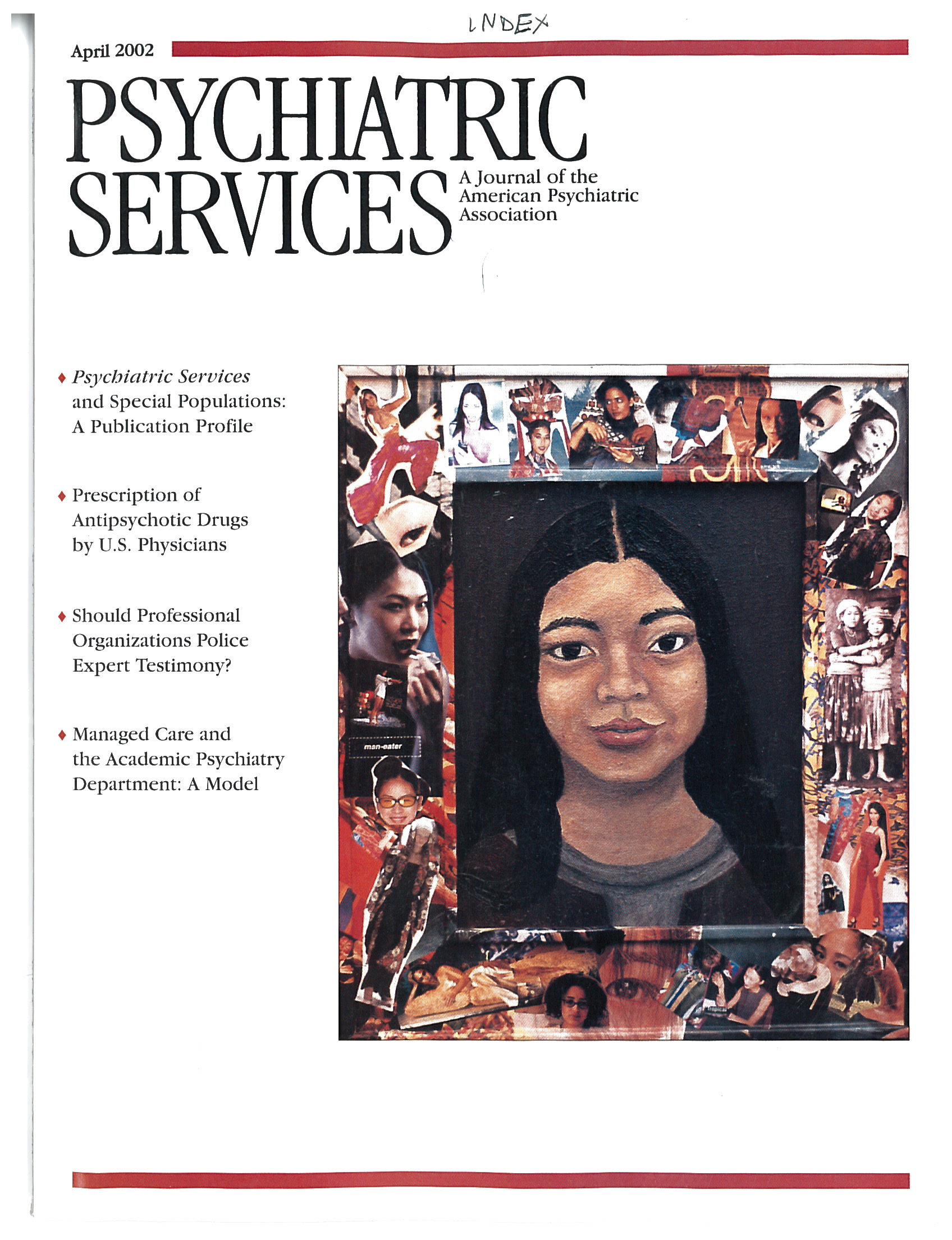Substance Abuse in the Mentally and Physically Disabled
The papers in this collection address various psychiatric and medical conditions that co-occur with the substance abuse and dependence disorders. The volume editors are both psychiatrists who have a special interest in addictionology. The book appears to be directed to physicians, especially psychiatrists and primary care practitioners, but it would be equally appropriate for psychologists, nurses, and professionals in other disciplines who work in the area of addictions. The term "substance abuse" in the title is used generally to refer to abuse and dependence. All 20 contributing authors appear to be highly qualified, and some are well known.
Substance Abuse in the Mentally and Physically Disabled contains 13 chapters: an introductory chapter, seven chapters on the interplay of psychiatry and addictions, and five chapters on other medical issues and their relationship with addiction. Two chapters deal more with subpopulations than with specific disorders—the first on adolescents with psychiatric illness and substance use disorders and the second on the physical health issues of the elderly who use and abuse substances. There is also an interesting chapter on psychoanalytic thought about addictions, written by Pietro Castelnuovo-Tedesco, M.D.—to whom the book is dedicated—shortly before his death.
The current theories about causation in comorbidity are discussed. Also addressed are the advantages of treating the patient as a whole rather than dividing a person's disorders up by discipline—for example, "Get your addiction treated and then come back to see us about your depression"—as we too often still do today.
The major psychiatric disorders addressed in the book are anxiety, depression, bipolar disorder, schizophrenia, and the personality disorders. The other medical conditions discussed at length are cardiovascular disease, HIV-AIDS, chronic pain, neurological diseases, and head injuries. Each is reviewed in good detail. The chapters on subpopulations are equally thorough and, where appropriate, are subdivided into major diagnostic issues. The major steps to adequate assessment and the common pitfalls of treatment are discussed for each area.
The only criticism I have of this book is that the proofreading was poor. Rare but glaring errors in grammar, spelling (particularly with the generic names of medications), and sentence structure are scattered throughout much of the book. Some chapters have no errors and others have several, so perhaps the proofing was left to the individual authors. There were three sentences in the book from which I could not discern the authors' intended meanings, although none seemed to be so important that they negated the otherwise excellent scholarship.
That said, Substance Abuse in the Mentally and Physically Disabled is a worthy reference book. Each chapter has multiple references, and the basis for any conclusions is always solid research—or at least as solid as is available for the issue at hand. In particular, the chapter on the elderly would be excellent reading for anyone who regularly works with the geriatric population. I would recommend this book to any practitioner who has ever been puzzled by a patient with a dual diagnosis involving chemical dependency.
Dr. Schmetzer is associate professor and assistant chairman for education in the department of psychiatry of the Indiana University School of Medicine in Indianapolis.



